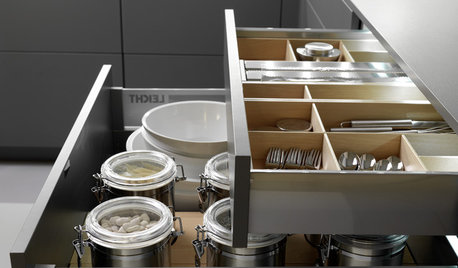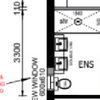Organized in the office--NOT!!
alisande
19 years ago
Related Stories

HOME OFFICESGuest Picks: 20 Products to Organize Your Home Office in Style
An organized office doesn't have to be a boring one. Brighten it up with these eclectic desk accessories
Full Story
ORGANIZING7-Day Plan: Get a Spotless, Beautifully Organized Home Office
Start your workday with a smile in a home office that’s neat, clean and special to you
Full Story
ORGANIZINGThe Organized Home: Shelves, Cupboards and Closets
Neat as a pin is as easy as pie when you take take home organizing one step at a time. From pantry to office, we'll help you get there
Full Story
ORGANIZINGOrganizing the Office: Inspiring Shelves and Cabinets
Here's How to Make Your Bookcases Work as Hard as You Do
Full Story
HOME OFFICESOrganize Photos in a Flash
You post them, email them, maybe even print them out. But if your digital and printed photos are all lumped together, it's time to organize
Full Story
SHOP HOUZZShop Houzz: Up to 70% Off Industrial Office Organizers
Hardworking industrial-chic furnishings for a more efficient home office
Full Story0

SHOP HOUZZShop Houzz: Get Organized in 2016
Shape up your office, closet and kitchen for easier living and working
Full Story
HOME OFFICESGuest Picks: A Stylishly Organized Desk
A mix of beautiful accessories and functional pieces makes for a chic and ship-shape work space
Full Story
DECORATING GUIDESHow to Work With a Professional Organizer
An organizing pro can help you get your house together. Here's how to choose the right one and gain your own clutter-clearing skills
Full Story
LIFETop 10 Unsung Organizing Tools
Look no farther than your drawers, closets or purse for the best and cheapest ways to keep your home neat and organized
Full Story









joann23456
alisandeOriginal Author
Related Professionals
Appleton Custom Closet Designers · Honolulu Custom Closet Designers · San Tan Valley Custom Closet Designers · Stuart Custom Closet Designers · South Riding Custom Closet Designers · Glen Cove Custom Closet Designers · Mount Laurel Interior Designers & Decorators · Lake Morton-Berrydale Home Builders · Evans Home Builders · New River Home Builders · Riverbank Home Builders · Valencia Home Builders · Wyckoff Home Builders · Roselle Park Carpenters · Levittown Carpentersrjvt
talley_sue_nyc
joann23456
jamie_mt
steve_o
marie26
talley_sue_nyc
alisandeOriginal Author
cube1067
alisandeOriginal Author